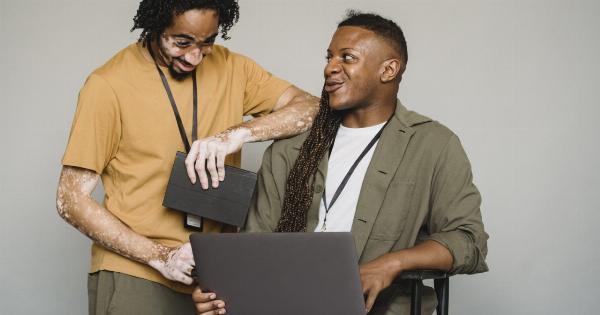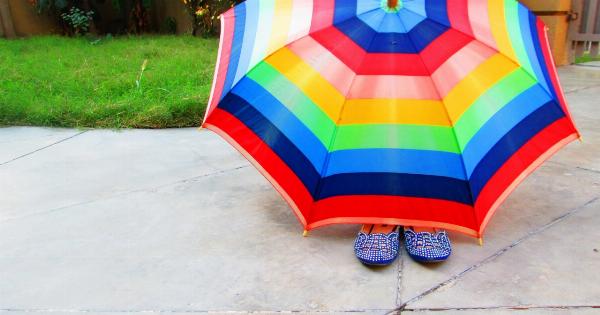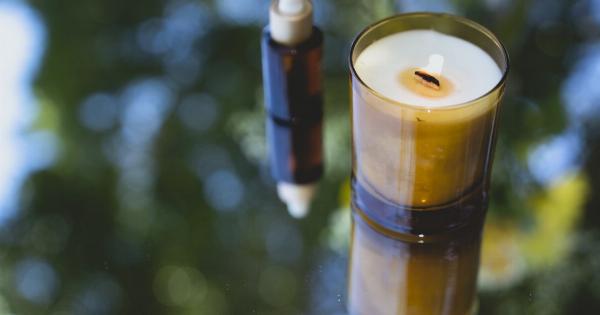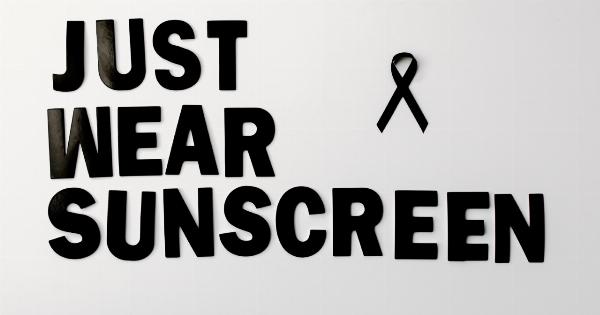Spending a day under the warm sunshine can be incredibly enjoyable, but sometimes we forget to take adequate precautions against the harmful effects of UV radiation. This often leads to the painful and uncomfortable condition known as sunburn.
Whether you’ve inadvertently spent too much time in the sun or forgot to reapply your sunscreen, it’s important to know how to treat sunburn properly. In this article, we will explore the correct treatment methods for sunburn and provide you with some useful tips for preventing sunburn in the first place.
Understanding Sunburn
Sunburn is a type of radiation burn caused by overexposure to the ultraviolet (UV) radiation emitted by the sun. While sunburns may initially seem like a minor inconvenience, they can have long-lasting implications for your skin health.
UV radiation damages the DNA in your skin cells, leading to inflammation, redness, peeling, and even blistering.
The Importance of Sunscreen
One of the most effective ways to prevent sunburn is by using sunscreen. Sunscreens work by absorbing or reflecting the harmful UV rays before they reach your skin.
When choosing a sunscreen, it’s important to look for a broad-spectrum sunscreen that protects against both UVA and UVB rays. Additionally, make sure to choose a sunscreen with a high sun protection factor (SPF). SPF indicates the level of protection the sunscreen provides against UVB rays, which are responsible for sunburn.
Cooling the Burn
If you find yourself with a sunburn, it’s crucial to take immediate action to mitigate the damage. The first step is to get out of the sun and find a shaded area. Next, you should cool the affected area using cool water compresses.
Avoid using ice or very cold water, as it may further damage your skin. Applying aloe vera gel or an over-the-counter sunburn relief spray can provide soothing relief and promote healing.
Hydrate, Hydrate, Hydrate
Sunburn draws fluid to the skin’s surface and away from the rest of the body, which can lead to dehydration. It’s essential to drink plenty of water to rehydrate your body and replenish the lost fluids.
Avoid alcohol and caffeine, as they can be dehydrating.
Over-the-Counter Pain Relief
In cases of severe sunburn, over-the-counter pain relievers such as ibuprofen or acetaminophen can help alleviate pain and reduce inflammation. However, it’s always advisable to consult with a healthcare professional before taking any medication.
Moisturize and Protect
After cooling the burn and reducing inflammation, it’s important to keep your skin moisturized. Apply a gentle, fragrance-free moisturizer to lock in moisture and promote healing.
Avoid using petroleum-based products, as they can trap heat and worsen the burn. Additionally, protect your sunburned skin from further sun exposure by covering it with clothing or seeking shade until it heals.
When to Seek Medical Attention
While most cases of sunburn can be treated at home, there are situations where medical attention is necessary. Seek medical help if you experience severe blistering, widespread pain, dizziness, fever, or chills.
These symptoms may indicate a more severe sunburn or sun poisoning, which requires professional evaluation and treatment.
Tips for Preventing Sunburn
Prevention is always better than cure when it comes to sunburn. Here are some essential tips to avoid getting burned:.
1. Seek Shade
Whenever possible, take breaks from direct sun exposure by seeking shade. This could be under a tree, an umbrella, or any other type of sun shelter. This will significantly reduce your exposure to harmful UV rays.
2. Wear Protective Clothing
Cover up your skin with loose-fitting clothing that provides adequate coverage. Opt for clothing made from tightly woven fabrics that offer better protection against UV radiation.
Don’t forget to wear a wide-brimmed hat and sunglasses to protect your face and eyes.
3. Apply Sunscreen Generously
Before heading outside, apply a sufficient amount of sunscreen to all exposed areas of your skin. Remember to reapply every two hours or more frequently if you’ve been swimming or sweating.
Don’t forget commonly overlooked areas like the ears, back of the neck, and tops of your feet.
4. Limit Sun Exposure During Peak Hours
The sun’s rays are at their strongest between 10 a.m. and 4 p.m. Try to schedule outdoor activities before or after these hours to minimize your risk of sunburn.
5. Stay Hydrated
Drink plenty of fluids throughout the day, especially when you’re spending time under the sun. Proper hydration will help maintain the health of your skin and prevent dehydration caused by sunburn.
6. Don’t Forget Your Lips
Your lips are highly susceptible to sunburn, so make sure to apply a lip balm with SPF protection. Look for lip balms that offer broad-spectrum protection and have an SPF of 30 or higher.
Conclusion
Sunburn can be painful and uncomfortable, but with the correct treatment, you can ease the symptoms and promote healing.
By following preventive measures such as applying sunscreen, seeking shade, and wearing protective clothing, you can significantly reduce your risk of experiencing sunburn in the first place. Remember, the sun’s rays are powerful, but with the right precautions, you can enjoy your time outdoors without suffering from the consequences of sunburn.

























